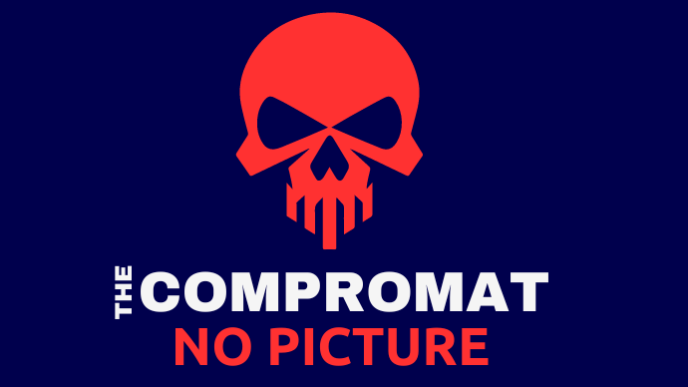In just a month since the beginning of the invasion of Ukraine, a 60 criminal casesone way or another connected with protests against the actions of the Russian authorities and their public criticism.
Subjected to criminal prosecution 46 people (in relation to two – under two articles). Nine of them are in custody, three are under house arrest, and two more courts have ordered a ban on certain actions. At least five of the accused are outside Russia.
Geography of criminal cases – 22 regions: Adygea, Tatarstan, Karelia, Moscow, Ingushetia, St. Petersburg, Kemerovo, Tomsk, Tyumen, Belgorod, Vladimir, Moscow, Tula, Sverdlovsk, Pskov, Samara, Rostov, Novosibirsk regions, Crimea, Primorsky, Krasnodar, Transbaikal region.
Criminal cases are investigated according to 14 articles of the criminal code by interrogators and investigators of the Ministry of Internal Affairs, Investigative Committee and FSB.
The largest number – 10 cases – are being investigated under the new Article 207.3 of the Criminal Code of the Russian Federation on military fakes.
This is followed by 9 cases under the article “Vandalism motivated by hatred” (Part 2 of Article 214 of the Criminal Code of the Russian Federation). At least three street artists were involved – in Moscow, Vladimir and Yekaterinburg.
The same number – 9 cases – of violence against government officials without a threat to life (Part 1 of Article 318 of the Criminal Code of the Russian Federation).
The FSB is investigating two cases of justification of terrorism – in Kazan and Petrozavodsk.
In addition, cases of hooliganism, insulting a government official, calls for extremist activity, inciting hostility, storing ammunition, inciting mass riots, and even desecration of the bodies of the dead and their burial places are being investigated.
There is a group of cases without defendants, as part of the investigation of which mass searches and interrogations of witnesses were carried out. The most common is the article on knowingly false reporting of an act of terrorism (Part 2 of Article 207 of the Criminal Code of the Russian Federation) – it was used by the police as the basis for investigative actions and the seizure of computers and phones from civil activists and journalists in at least 10 regions of Russia.
In the same way, the police used a case of slander (Article 128.1 of the Criminal Code of the Russian Federation) against the regional governor in Pskov and a case of fraud (Part 1 of Article 159 of the Criminal Code of the Russian Federation) in Novosibirsk.
“ВЧК ОГПУ”




